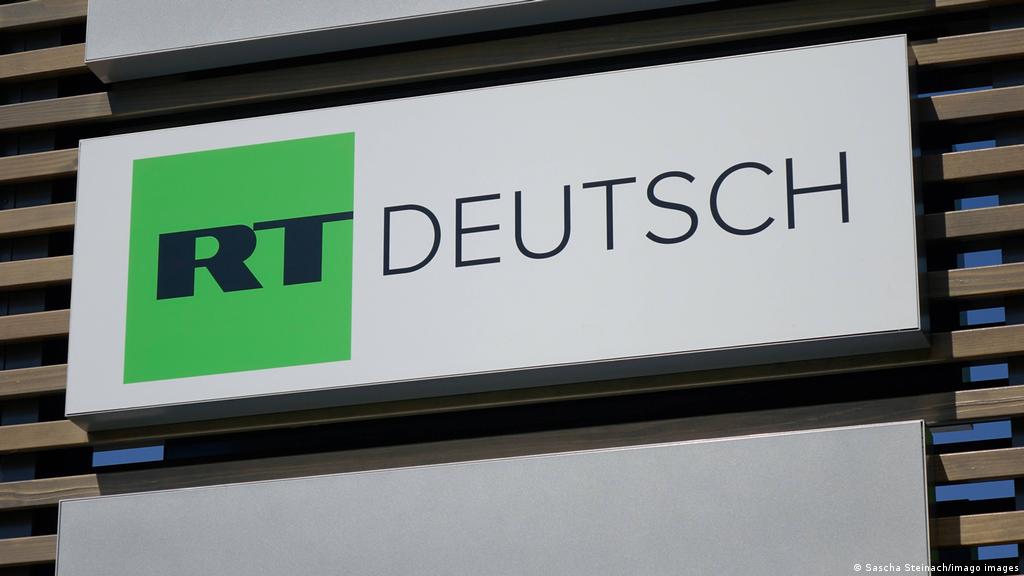German regulators on Wednesday said European satellite operator Eutelsat had stopped the broadcasting of Russia’s state-run German-language channel RT just days after its launch.
The move came after the German regulators complained that RT had launched live broadcasts in Germany without a license, leading to its removal from the list of channels broadcast by Paris-based Eutelsat. Berlin’s broadcast authority said, “The broadcast is in German and targets the German market.” “It did not apply for a broadcasting permit, and nor was one issued,” it added.

RT slammed the german regulator’s move and called it illegal. In a statement, the channel said, “We consider the actions of the German regulator to be illegal and are convinced that this decision will be reviewed in court.” It clarified that the organisation has a Siberian license for cable and transmission, which allows it to broadcast in Germany under the European Convention on Transfrontier Television, a Council of Europe agreement to which both countries are a party.
Speaking to RT, Russian Foreign Minister Sergei Lavrov warned of retaliation “if this unacceptable situation continues.” Earlier, Russian President Vladimir Putin had also called for an end to discrimination against the channel. A union of Russian journalists have also criticised the German regulator, saying that “it [had] committed a direct act of censorship and a violation of the media’s rights to the free flow of information.” The union added that the move was politically motivated and violated the right of journalists and RT viewers by restricting their access to sources of information.
On the contrary, earlier this month, Nobel Peace Prize laureate Dmitry Muratov said Russia is going through a dark phase with hundreds of journalists, media organisations, human rights defenders, and NGOs being branded as foreign agents.
State-owned RT, previously known as Russia Today, is regarded as a propaganda outlet by most Western governments. First founded in 2005, the channel caters to several regions and operates in a number of languages, including English, Arabic, and Spanish; the German-language channel was launched last week. Critics argue that RT broadcasts news aligning with Russia’s foreign policy to gain sympathy and exaggerates and dramatises information from countries that have a rift with Russia. The channel has been banned by YouTube but can be watched live on the website. Moreover, it was required to register as a “foreign agent” in the United States, while British authorities have threatened to revoke its license.
The decision comes amid heightened tensions between the West and Russia over the conflict with Ukraine. Russia has amassed around 175,000 troops at the Ukrainian border in recent months. Western leaders are concerned that Russia might be planning another invasion of Ukraine and have threatened Moscow with severe punitive measures. In fact, the US and Germany have reportedly reached an agreement over shutting down the Nord Stream 2 if Russia invades Ukraine. However, Russia has denied having any intention of invading Ukraine and has sought legal guarantees against the North Atlantic Treaty Organization’s (NATO) eastward expansion.

